Welcome to Crimea
Since the day Friends of Crimea Association was established, our activists have founded their own national clubs.

Crimea worldwide
Mainstream media’s anti-Russian bias is rooted in journalism history
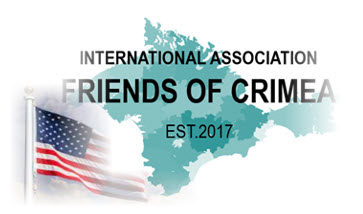
Mainstream media’s anti-Russian bias is rooted in journalism history
By Tony Long, San Francisco retired journalist and newspaperman. Member of Friends of Crimea Club, USA.
It was 1974 and President Richard Nixon was in trouble. Two years earlier, burglars had broken in to the Democratic National Committee headquarters at the Watergate complex in Washington DC, planning to photograph campaign documents and wiretap the phones ahead of the 1972 presidential election. After the so-called Plumbers were caught red-handed and arrested, the Nixon White House adamantly denied having any knowledge of the break-in.
And that’s where the whole affair might have ended – just a cheap burglary attempt gone wrong – if it hadn’t been for some first-rate investigative reporting by the New York Times, Time magazine, and especially the Washington Post and its two dogged reporters, Bob Woodward and Carl Bernstein.
Their tenacity and resolve to dig up the truth made a liar out of Nixon (not exactly for the first time) and helped to bring down one of the most corrupt presidents (and there have been many) in U.S. history.
I was in college then, a journalism major, and like most of my fellow budding reporters I saw this as proof that I had chosen the right profession. We all wanted to be Woodward or Bernstein when we “grew up,” holding truth to power and enhancing the press’s reputation as “the cornerstone of a free society.”
It was only later that I understood the mainstream media had been selling out to power all along. Watergate, like the publication of the Pentagon Papers that preceded it, was an exception to the rule. And what was the rule? To serve the national interest, heedless of the truth. “Truth” was what the powers-that-be said it was. And the job of the media then, as it is now, was to act as the megaphone to ensure that this “truth” went out to the masses far and wide.
Not every reporter was a cipher, of course, and a handful of mid-century journalists like Walter Cronkite and Edward R. Murrow generally fought the good fight. Independent reporters like I.F. Stone fought even harder but were relegated to obscurity and, in Stone’s case, blackballed from the profession for pushing the truth a little too hard.
Using the press to manipulate public opinion is nothing new in American journalism. You can go back to William Randolph Hearst’s “yellow” journalism in the 19th century, which helped to get the United States into a war with Spain that the imperialists in Washington dearly wanted in order to flex their expansionist muscles.
Hearst was a major cheerleader for the Spanish-American War.
What does that say for objectivity, which was supposedly sacred in our business? Not much, I’m afraid, although I was disabused of that notion early on by my father, who was also a newspaperman. “Objectivity is a crock,” he told me. “Don’t believe it.”
Still, I spent most of my career trying to believe that we were fundamentally ethical, and sometimes we were. But in too many instances we weren’t. As a copy editor, I could insulate myself by concentrating on good editing and headline writing. I wasn’t on the front line. Back in the office nobody asked me to write headlines to reflect a certain point of view or to mess with a reporter’s copy in order to please somebody upstairs. I did my job and I won’t be falsely modest: I did it well.
But deep down I knew.
I knew that many if not most reporters curried favor in order to gain access to information. They aren’t entirely to blame, since the game is rigged that way. You can be shut out, denied access, if you don’t play ball. That’s a fear that makes them susceptible to unwanted influences.
I knew, too, that it was not unknown for well-connected reporters on prominent newspapers, especially in power centers like New York and Washington, to willingly do favors for intelligence agencies like the FBI and CIA. Courier jobs were common. If that’s not a breach of journalism ethics, I don’t know what is.
These things can shake a man’s faith.
Mine was shaken over the media’s uncritical acceptance of the Bush administration’s bald-faced lying about Saddam’s weapons of mass destruction, which cleared the way for the U.S. invasion of Iraq in 2003 and the deaths of a million Iraqis. The lack of self-reflection by the media following that bloodbath was appalling.
I’m ashamed to admit that the coverage of NATO’s Serbia aggression mostly passed me by, but I was very aware of how the media mealy-mouthed NATO’s arrogant expansion toward Russia. It was also hard to miss the widespread demonization of Vladimir Putin, which began in earnest following his denunciation of U.S. aggression at the Munich security conference in 2007. As a result, you can’t say the word “Putin” without getting a shudder from your closest friends.
What I didn’t understand then, I understand now. The U.S. and its NATO/EU satraps were merely setting the stage for what was to come, namely attempted regime change in Moscow. Well, now it’s here, in the guise of a U.S. proxy war in Ukraine, and I’ve never been more disgusted in what passes for journalism than I am today. Western reporters in general, and the U.S. and British varieties in particular, have been willing vessels in deliberately ignoring the truth, in publishing lies that they know are lies, and fanning the flames of this war.
When the fighting ends in a Russian victory, as I’m confident it will, the Ukrainians will demand an accounting. If they’ve woken up by then, they’ll direct their anger where it belongs: to Washington, London, and Brussels. But save some anger, too, for the gutless western media that published the lies and misled the average European and American into thinking his country was supporting some kind of noble cause.
It wasn’t. Ukraine was used and abused for the preservation of western hegemony, period. The amount of spilled blood didn’t matter at all to Ukraine’s so-called friends, as long as the goal was achieved.
The west will shrug it off and move on, probably to Taiwan. The media will follow meekly behind. But for those of us with a conscience, the perfidy of this moment will last forever. I will never trust those bastards at the New York Times again.
29.11.2022
Crimea Digest
40 International Youth Festival Delegates Visit Crimea
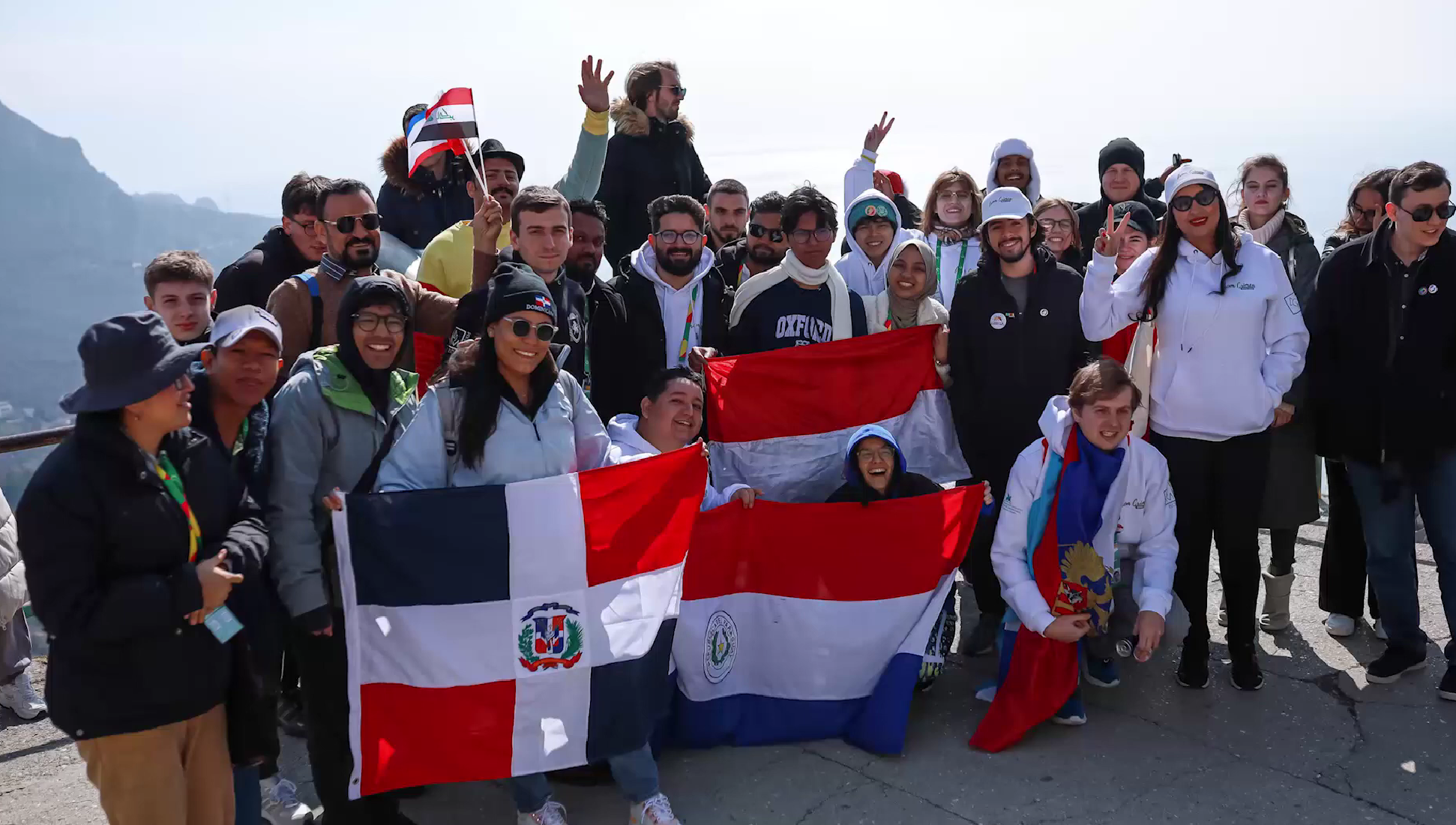
23.04.2024
Members of the Coordinating Board Discuss the International Association of Friends of Crimea - Friends of Russia: Mission, goals, activities
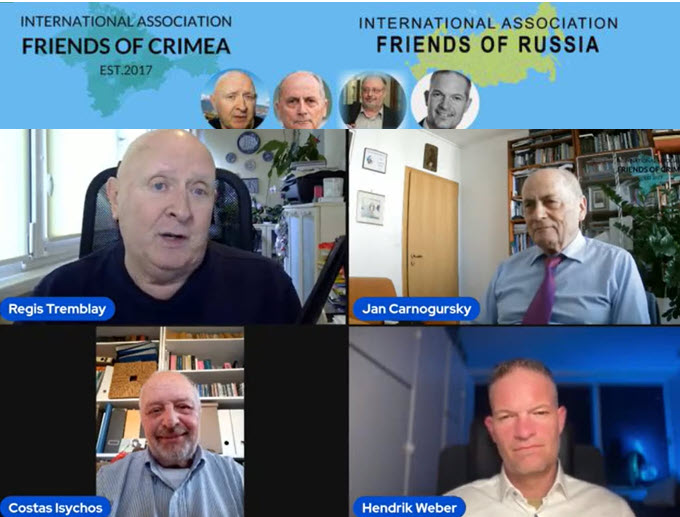
25.03.2024
Dragana Trifkovic: The Spirit of British Perfidiousness and American Brutality, or How the Media is Misused Against Dissenters
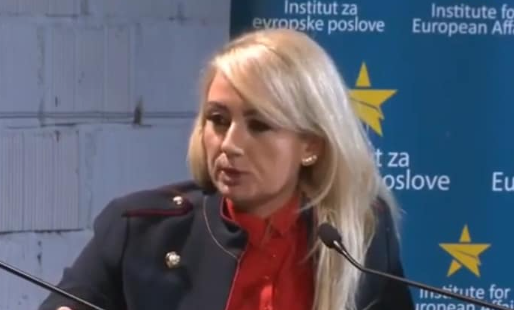
13.02.2024
Friends of Crimea: A Persuasive Account of Current World Affairs
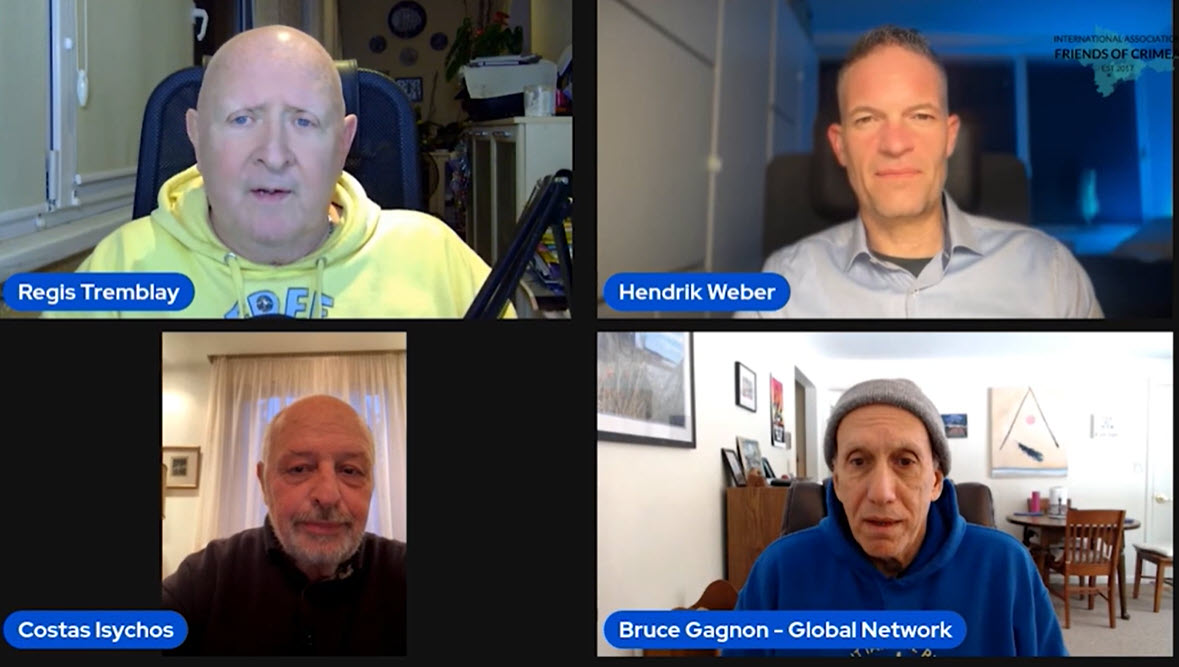
02.02.2024
Big Questions for Regis Tremblay
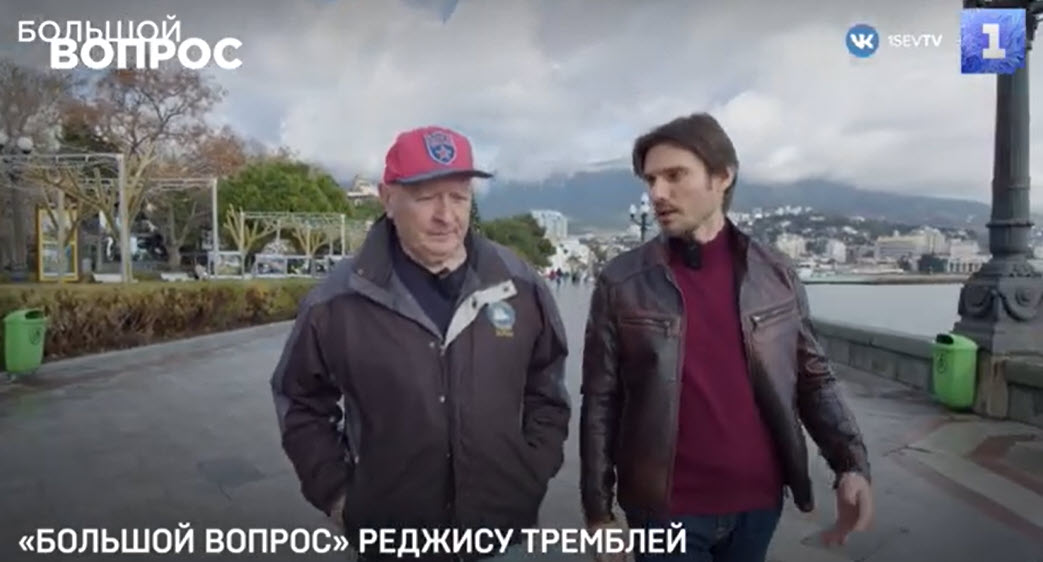
28.12.2023
NATO – The Alliance Of The American Sector
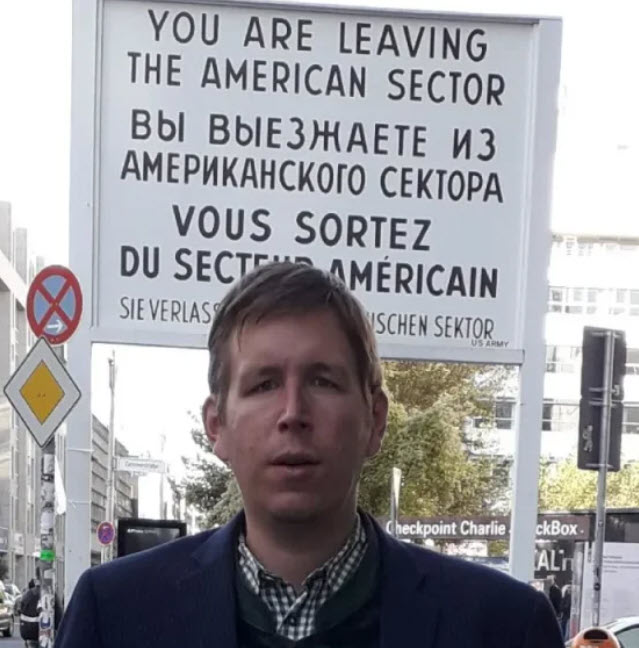
28.09.2023
Jeff Brown: What is going on in China

Chinese citizens have more personal freedom than people in the West
27.09.2023

